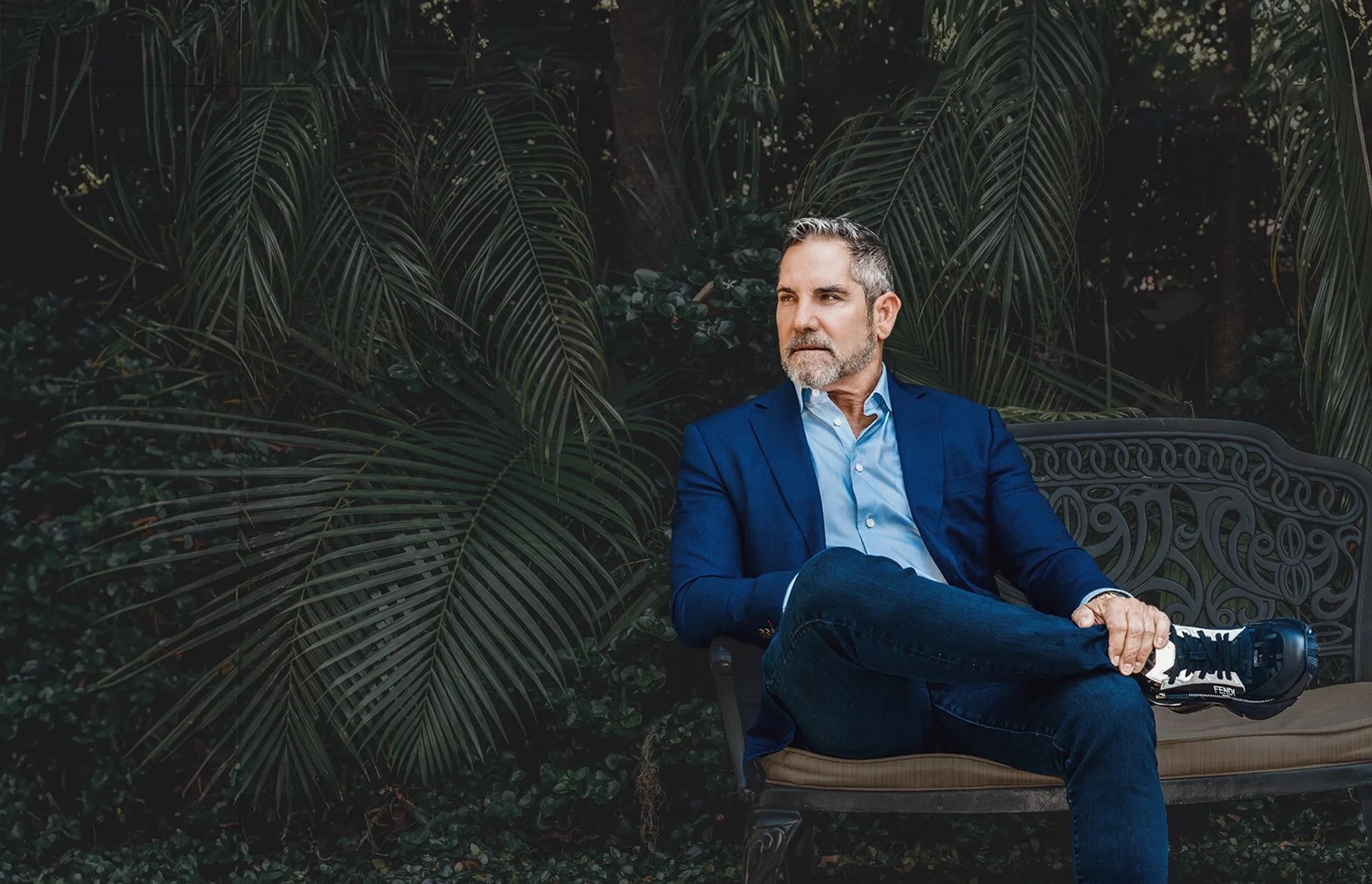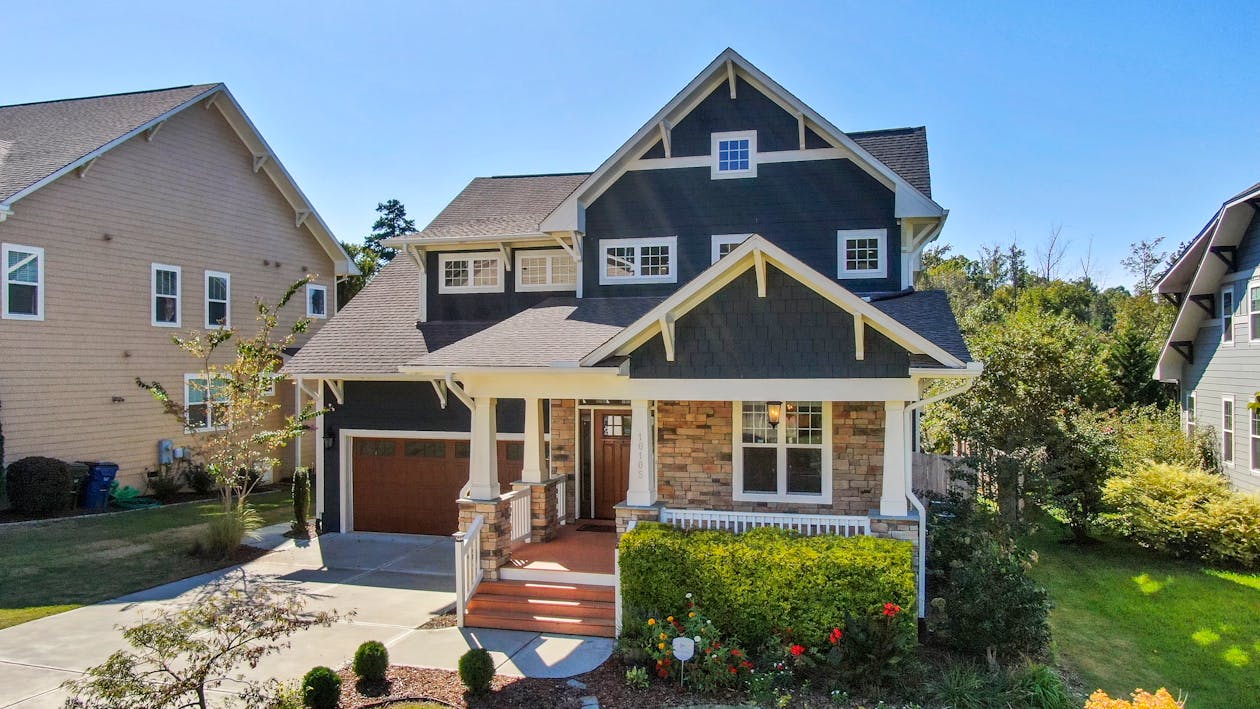Billionaire Explains Why No-One Should Buy A Home

For decades, owning a home has been seen as the ultimate sign of success—the cornerstone of the so-called “American Dream.” But is it really the key to building wealth, or could it be holding you back from achieving true financial freedom?
Some of the world’s most successful minds, from real estate experts to billionaires, have challenged the belief that buying a home is always a wise investment. Their insights reveal a less glamorous side of homeownership—one that prompts us to question whether this long-held ideal still holds up in today’s world.
It’s time to rethink what it means to invest in your future. Could the pursuit of owning a home be limiting your opportunities to grow wealth and live life on your terms?
The Myth of the American Dream
 Image source: Pexels
Image source: Pexels
The cultural emphasis on homeownership originated in an era when financial landscapes were vastly different. Mortgages were more affordable, property values grew steadily, and fewer alternatives for building wealth existed. However, as financial opportunities have expanded, clinging to the notion that owning a home is the ultimate investment may limit the potential for growth.
Grant Cardone, a seasoned real estate investor, critiques this deeply ingrained belief. He argues that buying a home isn’t a step toward wealth creation but rather a financial trap. His reasoning is simple: “A house is never going to pay you. You’re going to pay the house and keep paying the house.”
This shift in perspective prompts a necessary question: Is homeownership truly the key to success, or have we been sold a dream that no longer matches reality? As financial priorities evolve, it’s worth rethinking what truly defines stability and success in the modern age.
Hidden Costs of Owning a Home
Trust Me: Do Not Buy A Home!!!
Giant home means giant yard
Giant yard means TONS of maintenance
This is why you DONT BUY A HOME
If I was a renter this would be someone else’s problem
Not only does this cost money but it costs A LOT of time
Time that I could be spending… pic.twitter.com/IK2ronEykF
— Gary Cardone (@GaryCardone) October 24, 2024
At first glance, owning a home seems like a sound financial move—an investment that grows over time. But beneath the surface lies a web of hidden costs that can erode its perceived value. These expenses often turn what appears to be a smart investment into a financial drain.
Consider the numbers. The purchase price of a home is only the beginning. Over the years, homeowners face property taxes, maintenance fees, and mortgage interest, all of which significantly reduce the net gain from selling the property. Real estate investor Grant Cardone highlights this, stating, “You forgot about the property taxes [you paid] for 20 years. You forgot about the interest rate… You forgot about the maintenance, the upkeep, the problems.”
For example, buying a $100,000 home with a 6% mortgage interest rate can result in over $60,000 in interest payments over a decade. Add to that $20,000 in property taxes and maintenance costs averaging 1% of the home’s value annually, and the true cost of ownership quickly balloons. What initially seemed like a profit can shrink to a fraction of the expected return—or even turn into a loss.
Unlike investments in stocks or rental properties, a primary residence doesn’t generate passive income. Instead, it demands continuous spending, often leaving homeowners dependent on market conditions to make a profit when they sell. This dependency can be risky, especially during economic downturns or periods of rising inflation.
The truth is, many people don’t account for these hidden costs when chasing the dream of homeownership. Before investing in a home, it’s worth asking: Is this expense aligned with your long-term financial goals? Or are you trading flexibility and opportunity for an illusion of stability?
What You’re Missing Out On When You Buy a Home
Every financial decision comes with an opportunity cost—the value of what you give up by choosing one path over another. For many, the decision to buy a home often means sacrificing other, potentially more lucrative opportunities.
Homeownership ties up significant capital in a non-liquid asset. Grant Cardone underscores this point by emphasizing that a house doesn’t generate income: “A house is never going to pay you. You’re going to pay the house and keep paying the house.” Instead of putting money into a mortgage, property taxes, and upkeep, those funds could be invested in vehicles that offer higher returns, such as stocks, mutual funds, or income-generating real estate.
Elon Musk exemplifies a different approach. Known for his unconventional financial decisions, Musk chose to sell off his real estate portfolio to focus on investments that align with his long-term goals. “I don’t even own a home right now,” Musk said in a 2022 TED interview, explaining that his wealth is tied up in businesses like Tesla and SpaceX—ventures that generate immense value over time. Musk’s decision is a reminder that financial freedom often comes from investing in growth, not possessions.
Owning a home also limits mobility, which can hinder career opportunities or lifestyle changes. Job relocation, travel, or adapting to new circumstances can become more challenging when tied to a property. For some, renting offers the flexibility to seize opportunities without being anchored by a mortgage.
The question isn’t whether owning a home is inherently bad, but whether it aligns with your priorities. Are you sacrificing future growth for the comfort of tradition? The path to financial independence often requires a shift in mindset—one that prioritizes freedom and opportunity over familiarity.
4 Smarter Ways to Build Wealth Instead of Buying a Home
 Image source: Pexels
Image source: Pexels
If your goal is financial freedom, there are smarter alternatives to homeownership that can help you grow wealth faster and with greater flexibility. Here are four strategies to consider:
1. Invest in Income-Generating Real Estate
Rental properties can provide consistent passive income while appreciating in value over time. Unlike a primary residence, rental properties work for you by generating monthly cash flow. They also come with significant tax benefits, such as deductions for mortgage interest, property taxes, and depreciation.
- Expert Insight: Grant Cardone advocates for this approach, stating, “True real estate investments provide you with monthly passive income.”
2. Leverage the Power of the Stock Market
Long-term investments in the stock market, particularly in diversified index funds, have historically outperformed the appreciation of most residential properties. By letting compound interest work in your favor, your money can grow significantly over time.
- Inspiration from Warren Buffett: The billionaire investor credits much of his success to patience and strategic investments in the stock market, rather than tying up capital in a primary home.
3. Pursue Entrepreneurship and Personal Development
Starting a business or investing in your skills can provide exponential returns, both financially and personally. Whether it’s launching a venture, gaining expertise in a high-income field, or expanding your current endeavors, these investments often create opportunities that far outweigh the financial gains of owning a home.
- Actionable Tip: Reinvest your savings in ventures that align with your passions and long-term goals.
4. Prioritize Flexibility and Mobility
Renting instead of buying allows you to adapt to opportunities without being tied to a property. Whether it’s relocating for a better job, pursuing entrepreneurial ventures, or exploring new life paths, financial and geographic flexibility often lead to greater freedom and opportunities for growth.
- Elon Musk’s Example: By selling off his real estate and focusing on his businesses, Musk demonstrates how flexibility can amplify financial and professional success.
These four strategies aren’t just alternatives—they’re paths to designing a future built on growth, freedom, and wealth. Instead of pouring resources into a home, consider where your money could work harder for you.
Choosing Wealth Over Tradition
Homeownership has long been considered a cornerstone of success, but as financial landscapes evolve, it’s worth rethinking whether this path truly aligns with your goals. While buying a home might bring stability or personal satisfaction, it often comes with hidden costs, limited flexibility, and missed opportunities to grow wealth.
Instead of following conventional wisdom, consider the alternatives that can provide greater financial freedom—investing in income-generating assets, the stock market, or your personal and professional growth. As Grant Cardone reminds us, “A house is never going to pay you,” but the right investments can.
Ultimately, the best financial decisions are those that reflect your values and aspirations. Whether you choose to rent, own, or pursue other avenues, the focus should be on building a life of freedom, opportunity, and true wealth. The American Dream isn’t about owning a house—it’s about creating a future that empowers you to thrive on your own terms.
Featured image source: Grant Cardone on Facebook
Loading...






